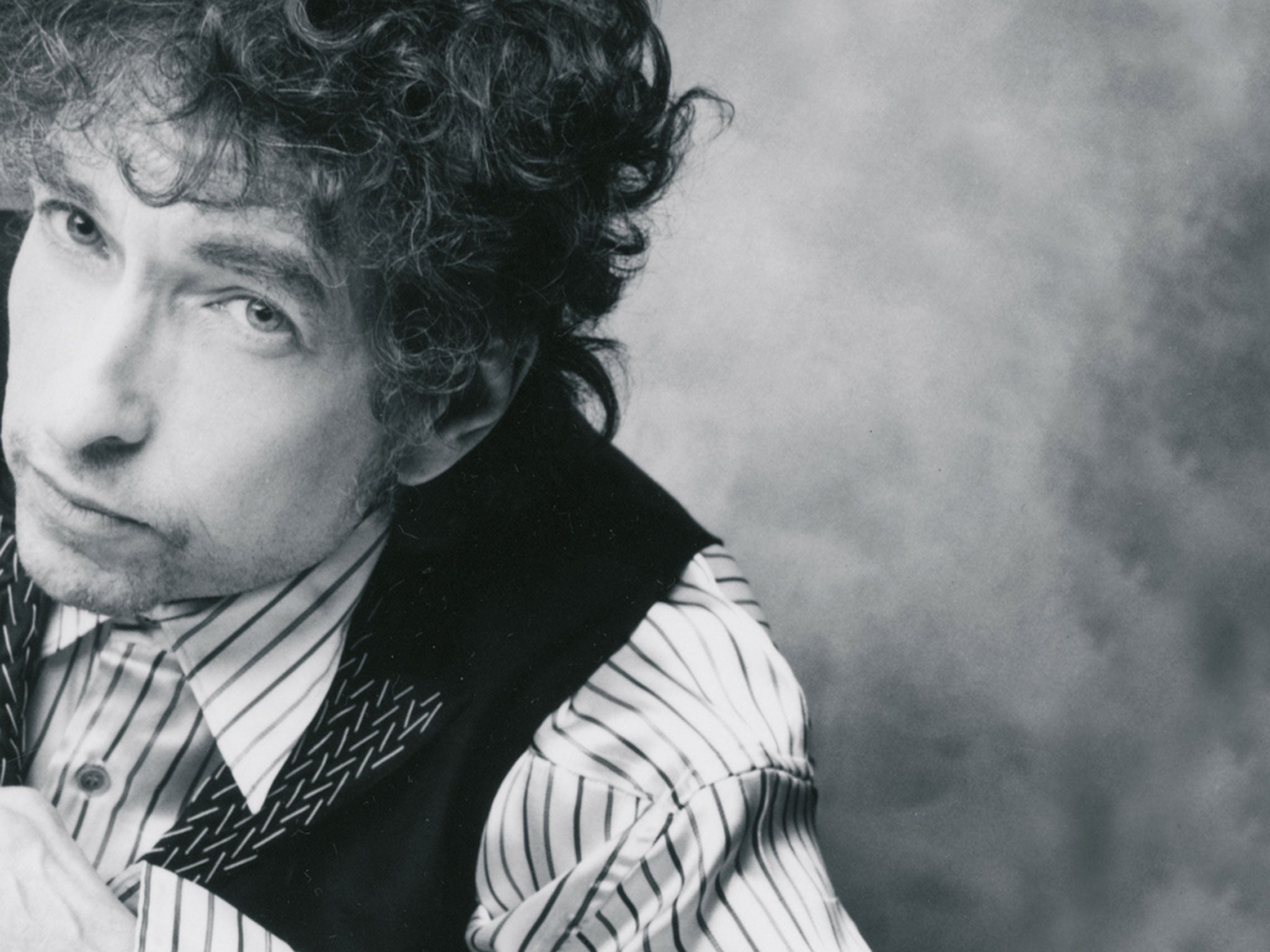Stealing Dylan From Woodstock: When the World Came to the Isle of Wight, by Ray Foulk, with Caroline Foulk - Book review: for only the most obsessive Dylan completists
Foulk’s first thoughts for headliners for the Isle of Wight festival centred on Adam Faith and Billy Fury

Between his motorbike crash in 1966 and his 1974 tour with The Band, Bob Dylan appeared live only a handful of times. One of those was the Isle of Wight Festival in 1969, which he played in preference to Woodstock, its better-known rival. It was some achievement to get him across the Atlantic – especially for a businessman who ran a small printing firm and had barely heard of Dylan before the festival was conceived.
That Ray Foulk and his brothers, Ronnie (an estate agent) and Bill (an art student), should have created one of the defining musical events of the Sixties is slightly bizarre and certainly remarkable. Stealing Dylan from Woodstock is his exhaustively detailed account of how it all came together, and his take on its significance for Dylan’s career.
Histories tend to focus on the cultural shifts and social revolutions of that heady decade, but for most people getting on with everyday life it wasn’t like that at all: they were living in “the 1960s”, while “The Sixties” was something they read about in the papers. Foulk and Co somehow convinced enough of the locals that what the island needed was an invasion of long-hairs bringing their unmusical racket and filthy habits.
In the event “the 1960s” and “The Sixties” collided with surprisingly positive results (though it was eventually scuppered by local opposition and didn’t happen again after 1970 for 32 years). In fact for Foulk, who had spent the decade getting his printing firm going, it had definitely been “the ’60s” rather than “The Sixties”: his first thoughts for headliners centred on Adam Faith and Billy Fury.
The Festival began in 1968, when Jefferson Airplane topped the bill, and for the following year Foulk decided to try to get Dylan, in semi-retirement since crashing his motorbike. They clinched it thanks in part to his desire to visit Farringford House, Tennyson’s old holiday home (in the event the owner, unimpressed, turned him away).
Foulk’s account of the myriad ins and outs of getting the festival together is one for only the most obsessive Dylan completists. In the first few chapters there are too many lines like “the colour-separated letterpress plates had already arrived back from the engravers...”
But once the musicians start arriving the story picks up, and there’s lots of fun to be had recounting how the islanders interacted with the talent, and there’s a delightful vignette of a tennis match that pitted Dylan and John Lennon on one side of the net against George Harrison and Ringo Starr on the other.
The second volume of Foulk’s memoir, The Last Great Event, will apparently be devoted to the 1970 festival, which featured a legendary appearance by Jimi Hendrix, but it feels like overkill. Foulk recounts a conversation between Dylan and Harrison in which the Beatle was talking about The White Album, a double album some believe would have been better as a single album: “It seems that when you’re as famous as us you can bring out any old stuff and people will buy it,” he said.
Though a scandalised Dylan rounded on his friend, Foulk theorises that he tested the proposition himself with the double album he put together after the Isle of Wight, the much-criticised Self Portrait (“What is this shit?” asked Greil Marcus in Rolling Stone). The thought occurs, without having read Foulk’s second volume, that he might have been better writing one tighter, better book.
Join our commenting forum
Join thought-provoking conversations, follow other Independent readers and see their replies
Comments